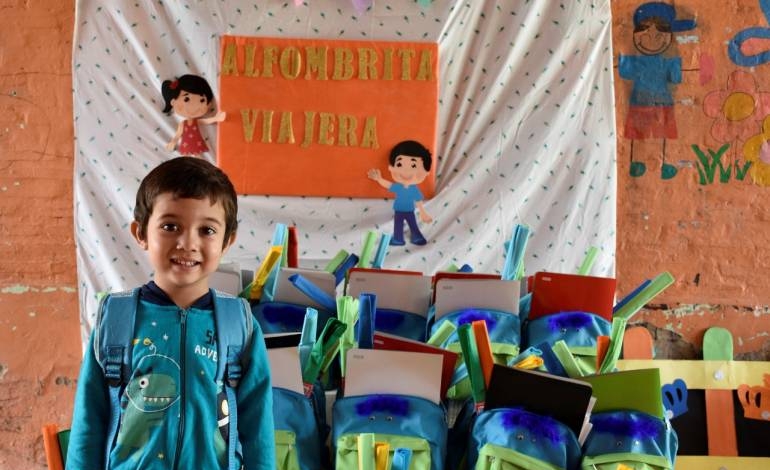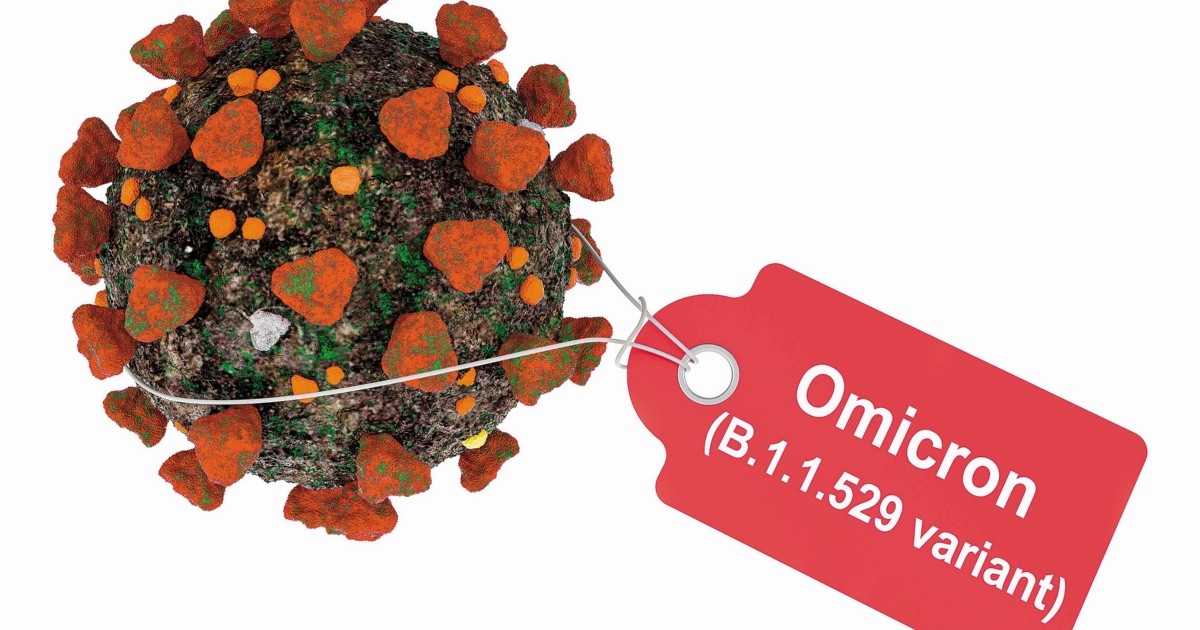President Laurentino Cortizo participated this Tuesday morning in the delivery of non-refundable funds to 97 entrepreneurs from the cultural and creative industries throughout the country who were selected through the “Create in Panama 20-30” program, an initiative of the Ministry of Culture (MiCultura) financed by the Inter-American Development Bank (IDB). In total, B/.850,000.00 was delivered in seed capital.
The Chief Executive stated that his government believes and trusts in the potential of the cultural industry as a generator of employment, opportunities for a more dignified life and also as a factor that contributes to defining a common identity.
“We know that culture is a transversal axis to all the other sectors of our society, both productive and social, and we are committed to laying the foundations for a State cultural policy that responds to the realities, capacities and cultural needs of our people” Cortizo said.
The president explained that with the delivery of seed capital for a total of B/.850,000.00 “justice is done to the great capital of talent and creativity of our people and our culture is also strengthened.”
In addition to the seed capital, the entrepreneurs were trained and will have the support of mentors who will help them develop new models for marketing, digitizing and exporting their goods and services, the president said.
He recalled that with the creation of the Ministry of Culture, the first actions of the Government Plan within the cultural area took place, “a commitment that we honored in the first 45 days of our administration,” he remarked.
He added that this plan established two priority actions to promote cultural activities: the first Creative and Cultural Industries Training Program and the promotion of cultural and creative industries through Cultural Project Incubators.
“With the support of the Inter-American Development Bank and UNESCO, two studies were carried out that made it possible to identify the most active and best organized sectors within cultural activity, and to know what the characteristics of creative employment in Panama were. With the results, short and medium-term actions were determined with an emphasis on training and entrepreneurship, as is the case with this delivery of seed capital,” added the official.
“Panama has a great cultural wealth that is reflected in creative expressions, as a substantial part of the life of Panamanians and Panamanians,” concluded Cortizo.
Rocío Medina, representative of the IDB in Panama, stated that the financial entity celebrates the commitment of the Panamanian Government in promoting new ventures in the creative economy sector. “We reiterate the support of the IDB to cultivate and continue promoting the sustainable development of its cultural and creative heritage in Panama,” she said.
He stressed that one of the objectives of the program is the promotion of creative and cultural industries based on the country’s heritage and cultural assets as a way to enhance their contribution to strengthening culture, social cohesion and the revitalization of the economy.
Through MiCultura, and with the assistance of UNESCO and the European Union, in coordination with the Authority for Micro, Small and Medium Enterprises (Ampyme) and the City of Knowledge Foundation, this financial support program was developed, which promotes three business modalities: new ideas, cultural micro-enterprises and SMEs that have been in operation for more than two years.
The Crea program in Panama 20-30, financed by the IDB, grants B/.5,000.00 to start-ups with new ideas; B/.10,000.00 for cultural microenterprises and B/.15,000.00 for SMEs. The management of these funds will be subject to the corresponding audit control.
Among the winners there are projects of gastronomy, crafts, dance academies, art and folklore; dance academies, farms and musical projects, among others.



